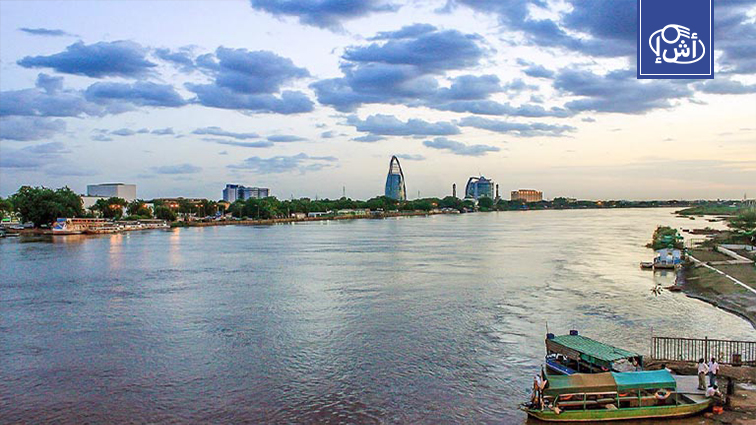Experts have warned that the Nile Basin countries may face a water crisis in the coming years, with growing concerns about the effects of the Ethiopian Renaissance Dam on the water shares of downstream countries.
Dr. Abbas Sharaky, Professor of Water Resources at Cairo University, confirmed that the possibility of the region being exposed to a drought period in the near future seems great, which calls for taking urgent measures to enhance water reserves.
Sharaky explained that the impact of the Renaissance Dam will be great on the flow of water to Egypt and Sudan, as the Ethiopian side aims to store about 74 billion cubic meters of water, which exceeds the annual share of the downstream countries combined.
The Egyptian expert added that filling the dam reservoir will continue until September, and large quantities of water are held behind its gates.
In a related context, Sharaky pointed out that the local population in Ethiopia will not benefit directly from the dam reservoir, as they depend on rain-fed agriculture, while the need for irrigation is concentrated in areas downstream of the river away from the reservoirs.
Sharaky explained that the Egyptian government is implementing a number of projects to ensure its water security, including water desalination and reuse projects, and developing irrigation systems, noting the importance of the water reserve in Lake Nasser, and the need to preserve it and rationalize water consumption to address any potential shortage.
The Egyptian expert referred to the “Entebbe Agreement” signed in 2010, which grants upstream countries the rights to use water for energy and agricultural projects without the need for prior notification to downstream countries, which raises concerns for Egypt and Sudan.
The Renaissance Dam aims to generate about 5,250 megawatts of electricity, but its regional impacts will affect Egypt and Sudan, as the Roseries Dam in Sudan is threatened with being submerged by the Renaissance Dam, while the decrease in water flow to Egypt will lead to major problems in agriculture and electricity generation.
Ethiopia announced the completion of the fourth filling of the dam in September 2023, which is opposed by Egypt and Sudan, who are demanding a comprehensive agreement on the rules of filling and operation.
Egyptian Police Uncover a Crime of a Father Throwing His Daughter into a Water drain channel in Assiut
